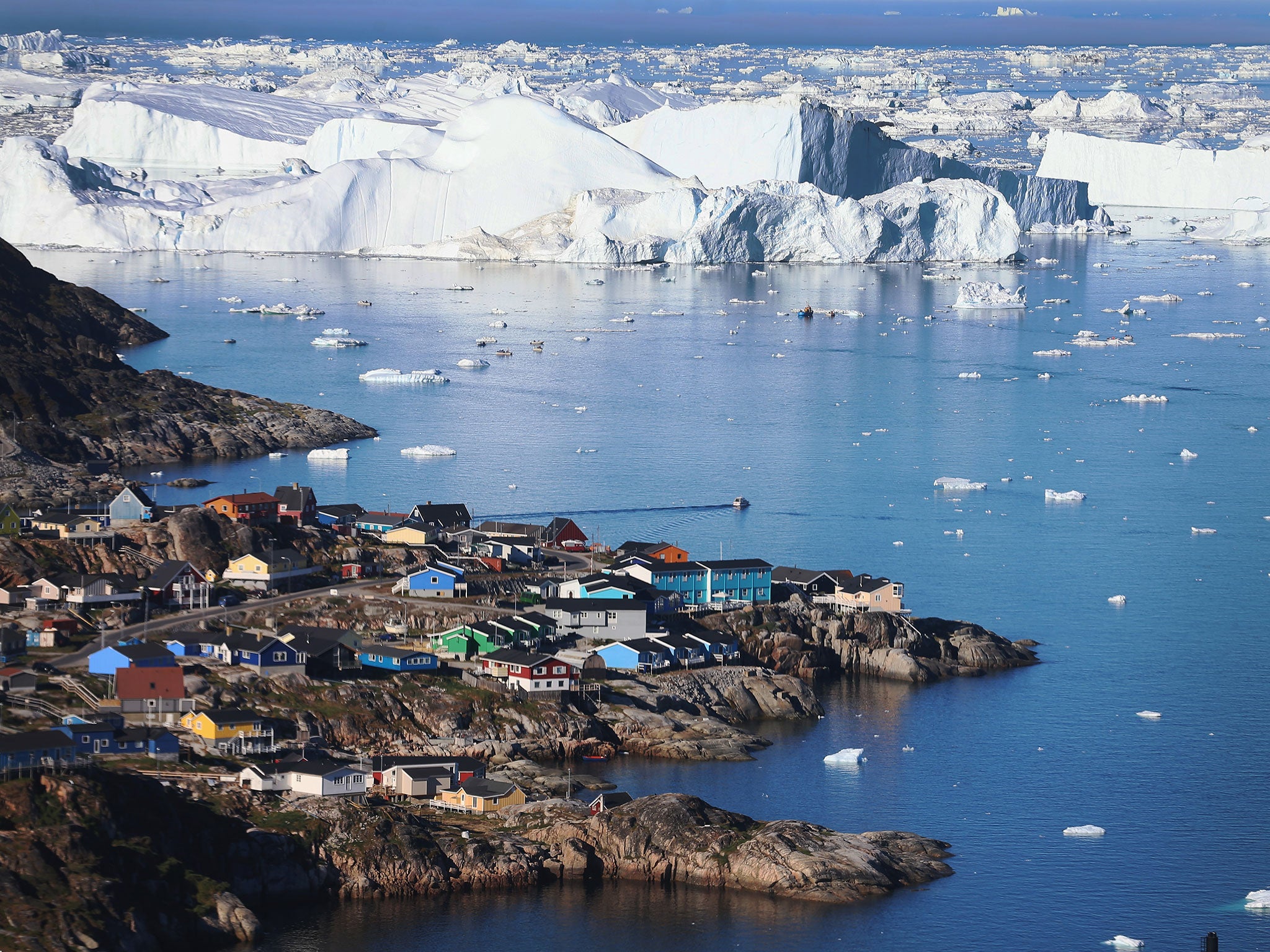Global warming is making the Earth tilt on its axis - and shrinking India is pushing the North Pole towards London
The 'polar rotation' of the planet has been shifting in recent decades due to the melting of the giant ice sheets of Greenland and Antarctica

Your support helps us to tell the story
From reproductive rights to climate change to Big Tech, The Independent is on the ground when the story is developing. Whether it's investigating the financials of Elon Musk's pro-Trump PAC or producing our latest documentary, 'The A Word', which shines a light on the American women fighting for reproductive rights, we know how important it is to parse out the facts from the messaging.
At such a critical moment in US history, we need reporters on the ground. Your donation allows us to keep sending journalists to speak to both sides of the story.
The Independent is trusted by Americans across the entire political spectrum. And unlike many other quality news outlets, we choose not to lock Americans out of our reporting and analysis with paywalls. We believe quality journalism should be available to everyone, paid for by those who can afford it.
Your support makes all the difference.Groundwater levels on the Indian subcontinent have been so badly depleted by climate change, intensive irrigation and population growth that it has caused the Earth to tilt on its axis, new research shows.
The “polar rotation” of the planet – as the Earth spins on an axis topped and tailed by the North and South poles – has been shifting in recent decades due to the melting of the giant ice sheets of Greenland and Antarctica.
This has significantly changed the distribution of the world’s mass as the melted ice flows into the oceans.
Now, scientists have uncovered a further force on the Earth’s rotation as India’s receding water table dramatically reduces the mass of the subcontinent.
The weight loss is the result of a massive redistribution of water as drought and over-use suck the moisture out of the ground much faster than it can be replaced by rainfall.
The effect of changing “land water storage” - spreading out the water as it evaporates, forms clouds and rains elsewhere - is so strong that it is pushing the North Pole in an easterly direction, towards London.
“There is another mechanism – apart from the melting of the Greenland and Antarctic ice sheets – that is responsible for the dramatic eastward shift in polar motion,” said report author Surendra Adhikari of NASA’s Jet Propulsion Laboratory, which studied land water storage between 2002 and 2015.
“The pattern of land water storage is such that there is a large mass deficit in the Indian Subcontinent and around the Caspian Sea which is also contributing to the shift,” said Dr Adhikari.
The changing distribution of water away from the subcontinent has played a significant role in changing the tack of polar rotation in recent years, according to the research, published in the journal Science Advances.
Since observations began, the North Pole has been drifting southwards towards Hudson Bay, Canada, at a rate of 10 centimetres a year. This is thought to stem from the collapse of the giant Laurentide Ice Sheet in North America thousands of years ago.
But since the early part of this century the direction of the axis’ has shifted in a different direction and is now moving about 17 centrimetres east a year.
The Greenland Ice Sheet is melting at a rate of 250 gigatonnes a year while Antartica is losing about 194 gigatonnes a year.
Join our commenting forum
Join thought-provoking conversations, follow other Independent readers and see their replies
Comments